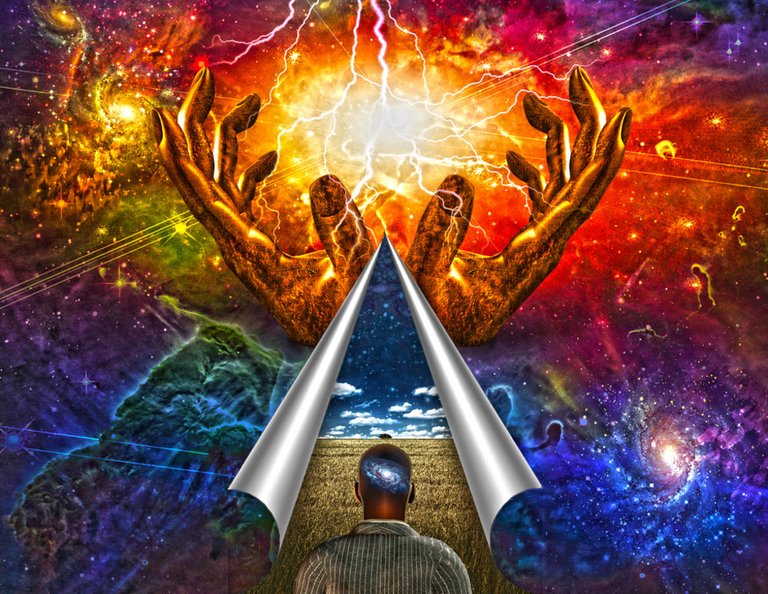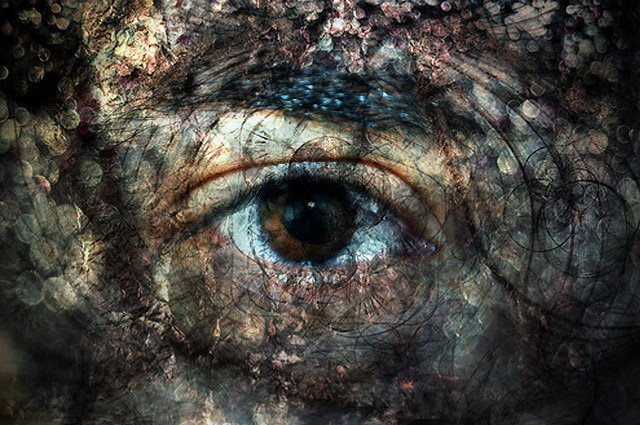Understanding Panpsychism

Image Source
Panpsychism is the doctrine that everything has a mind. In practice, individuals who call themselves panpsychists are not dedicated to a solid doctrine. They are not dedicated to the thesis that the number two has a mind, or that the Eiffel tower has a mind, or that the city of Canberra has a mind, regardless of the possibility that they put stock in the existence of numbers, towers, and cities.
Rather, we can comprehend panpsychism as the thesis that some fundamental physical elements have mental states. For instance, if quarks or photons have mental states, that does the trick for panpsychism to be valid, regardless of the possibility that rocks and numbers don't have mental states. Maybe it would not get the job done for only one photon to have mental states. The line here is hazy, yet we can read the definition as requiring that all individuals from some fundamental physical types have mental states.
The important sorts of mental states are conscious experiences. Lets comprehend panpsychism as the thesis that some fundamental physical substances are conscious, that there is something it resembles to be a quark or a photon or an individual from some other fundamental physical type.
Panpsychism is some of the time rejected as an insane view, yet this response all alone is not a genuine protest. While the view is unreasonable to a few, there is justifiable reason motivation to feel that any perspective of consciousness must grasp some illogical conclusions. Besides, instincts about panpsychism appear to change vigorously with culture and with historical period.
The view has a long history in both Eastern and Western philosophy, and a significant number of the best philosophers have considered it important. Without a doubt we don't have much direct confirmation for panpsychism, yet we additionally don't have much direct proof against it, given the troubles of distinguishing the nearness or nonattendance of consciousness in different systems. What's more, there are indirect reasons, of a comprehensively hypothetical character, for considering the view important.

Image Source
The Importance of Panpsychism
The nature of mind has been a conundrum since the start of written history. From multiple points of view it is as much a secret today as it was to the ancient Greeks. We now know significantly more than the Greeks did about the brain and human physiology, and we have perplexing and nitty gritty philosophical concepts, but then we appear to be not able achieve any sort of agreement on what mind is or how it is identified with the body or to matter in general.
The cryptic nature of mind is so inescapable and convincing that some present philosophers have abandoned the issue, calling it obstinate or unsolvable on a fundamental level.
Two Basic Assumptions of Mind
Mind is restricted to humans and maybe the higher animals.
Mind is some way or another subject to or reducible to the physical substrate of the human brain.

Image Source
Absolutely there are one of a kind physical characteristics of the human brain that probably represent our remarkably human mental capacities, our capacities to reason, to experience rich emotions and feelings, and to hold convictions. In any case, we have discovered nothing so one of a kind as to alone record for the nearness of a mind. What is at issue is not the nature of the exceptionally human mental capacities, but instead a general comprehension of the phenomenon of mind in its biggest sense.
Numerous thinkers have decided to challenge the two suppositions. On the premise of their examinations of the natural world, they have seen such presumptions as to a great extent unwarranted. For such thinkers, there is no motivation to restrict mind to humans and higher animals, truth be told, they have motivations to guarantee that mind is best imagined as a general phenomenon of nature.
In that capacity, mind would exist, in some frame, in all things. Panpsychism is an ancient concept, presented by the Italian philosopher Patrizi in the sixteenth century, gets from the Greek "pan" (all) and "psyche" (mind or soul). The religious ramifications of soul are generally put aside in the present work, at issue is the thought of mind as a naturalistic part of reality.
Panpsychist speculations generally endeavor to address the nature and classes of things that have mind and, maybe more vital, to address what definitely one means by 'mind'. These two issues, the nature of things and the nature of mind, are integral to numerous parts of philosophy. Panpsychism, in any case, lies at a remarkable convergence of the two concepts, where mind is viewed as fundamental to the nature of existence and being. In the event that all things have mind, at that point any hypothesis of mind is essentially a hypothesis about ontology, about the nature of extant things.

Image Source
This literally opened doors to completely new ideas and thoughts in my mind. I read about and loosely used the term you've explained so wholly but never really went in deeper and researched about it. This is quite educational and informative. Following and upvoting.
Do you believe that everything has it minds?
The universe is such a mystical place.. We have constantly surprised ourselves with new discoveries in the past... why not this? It could be. Everything does have an energy - positive or negative - so why not a mind...
Never heard that word til now, Thanks...nice graphics too !!
You are welcome to follow me here on Steemit and on YouTube. I make a nice amount of extra income selling Thrifted items on eBay...how much I make depends on how much I work it and what cool stuff I find...I Post here and I vlog the Hauls & Solds and the journey of a Thrifty ReSeller... you don't even need money to start, you can begin by selling stuff from around your home or ask Friends & Fam to donate items .... List It, Sell it, repeat :)
Love it
I wonder how panpsychists would view the thought that maybe everything doesnt have a mind, but that everything together makes up a mind. With quantum enganglement allowing atoms at any distance to "communicate" its not an impossible concept.
Might seem crazy but thats kinda how our brains opperate, inanimate objects forming living things that combine into one solitary mind through sending and recieving electric signals. Panpsychism would definitly make things a lot simpler if it was just consciousness stacking on top of consciousness..
As a pantheist who cant specify more then that, these are some of the possibilities I stay up at night thinking about.
Excellent post, I liked it, I follow you to read what you publish, you pass by my profile, maybe something that interests you too, keep posting like this :D
Thank you for a great post :)
We have a tendency to always make reality more complex and form new ideas about the everything. But I think it's all in our minds.
We receive information with our senses - generalize distort and delete the information and we form memories and ideas but if you will hit someone hard enough in the head, few perspectives may change! That's why I think it's all in the mind, but we would like to think there's more :D
Please check my new post, I think you will like it!
@paps
Great post thank you for the insight. I'm looking forward to this event great!!!
Thought provoking and useful. Of course getting passed the barrier of whether or not the mind exists is a problem.